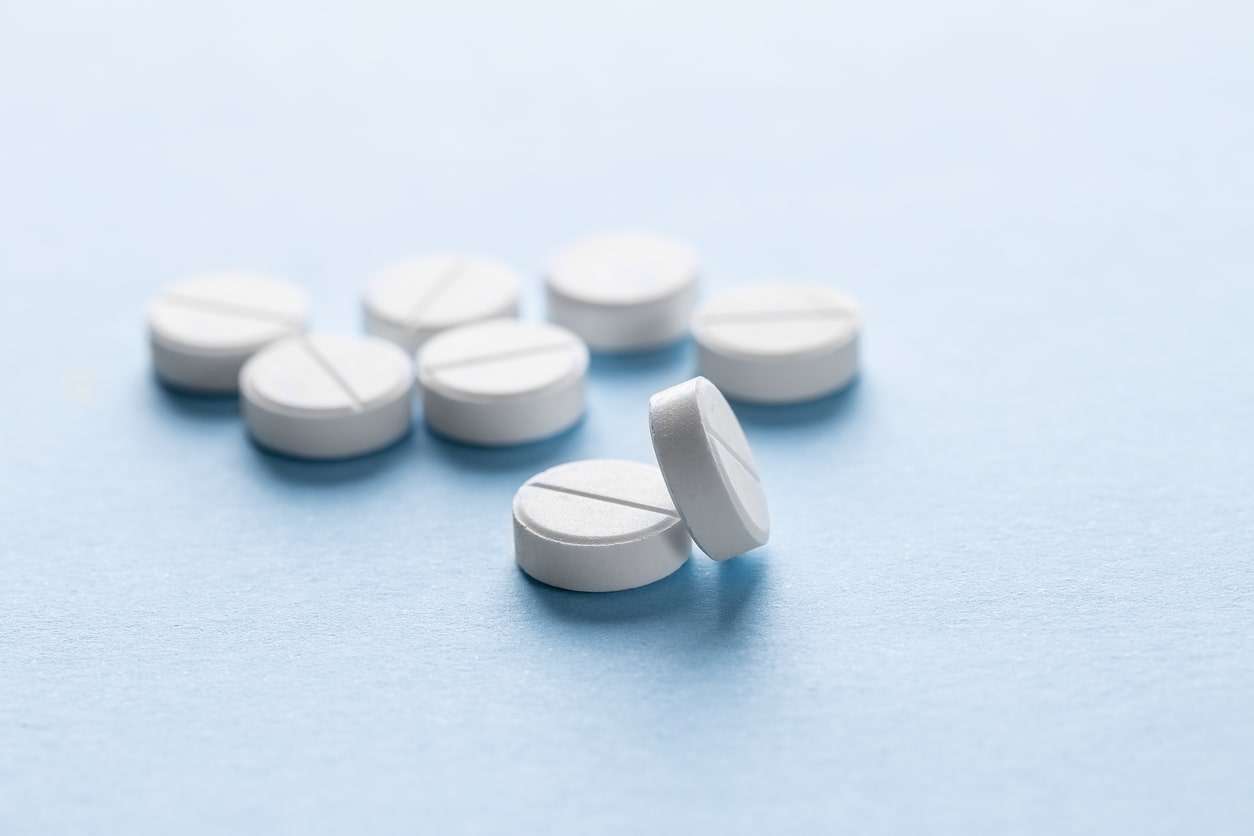Alcohol withdrawal is a complex and potentially life-threatening condition that occurs when a person who has developed a dependence on alcohol suddenly reduces or stops drinking. For those struggling with alcohol addiction, withdrawal is often the first hurdle on the road to recovery. This blog aims to provide a comprehensive understanding of alcohol withdrawal, including its symptoms, timeline, and available options at Georgia detox.
What is Alcohol Withdrawal?
Alcohol withdrawal refers to the physical and psychological symptoms that occur when someone who has been drinking heavily and regularly suddenly stops or significantly reduces their alcohol intake. This happens because the body, which has become accustomed to the presence of alcohol, must adjust to functioning without it. Alcohol is a central nervous system depressant, meaning it slows down brain activity. Over time, the body compensates for this by increasing the activity of certain neurotransmitters that stimulate the nervous system. When alcohol is abruptly removed, the brain remains in a hyperactive state, leading to withdrawal symptoms. At Georgia detox, we can help you manage those withdrawal symptoms.
The Symptoms of Alcohol Withdrawal
Alcohol withdrawal symptoms can range from mild to severe and can be classified into three stages:
Stage 1: Mild Symptoms (6-12 hours after the last drink):
- Tremors (shakiness): The hands may shake uncontrollably.
- Anxiety: Feelings of worry or fear are common.
- Nausea and vomiting: The digestive system reacts to the absence of alcohol.
- Headache: A dull, throbbing headache may occur.
- Sweating: Excessive sweating, especially during the night.
- Insomnia: Difficulty falling or staying asleep is common.
- Heart palpitations: The heart may race or feel like it’s skipping beats.
Stage 2: Moderate Symptoms (12-48 hours after the last drink):
- Increased blood pressure: Blood pressure can rise to dangerous levels.
- Increased heart rate: The heart may beat rapidly.
- Confusion: Mental clarity can be affected.
- Mild hallucinations: Seeing, hearing, or feeling things that aren’t there, though these are usually not severe.
- Agitation: A person may feel restless or irritable.
Stage 3: Severe Symptoms (Delirium Tremens) (48-72 hours after the last drink):
- Delirium Tremens (DTs): This is the most severe form of alcohol withdrawal, characterized by sudden and severe mental or nervous system changes. Symptoms include severe confusion, disorientation, and agitation.
- Severe hallucinations: These can be visual, auditory, or tactile, and are often terrifying.
- Seizures: Alcohol withdrawal seizures can occur and are life-threatening if not treated.
- High fever: The body’s temperature can spike.
- Severe hypertension: Extremely high blood pressure can lead to strokes or other complications.
- Cardiac arrhythmias: Irregular heartbeats can occur and may be fatal.
Delirium Tremens is a medical emergency that requires immediate treatment, as it can lead to death if not managed properly. This is why it is crucial for not only your recovery, but your life that you seek help from medical professionals at Georgia detox.
The Timeline of Alcohol Withdrawal
The timeline for alcohol withdrawal can vary depending on factors such as the duration and amount of alcohol consumption, the person’s overall health, and whether they have experienced withdrawal before. However, the general timeline is as follows:
6-12 Hours After the Last Drink:
- Early symptoms such as anxiety, tremors, sweating, and nausea begin to manifest. These symptoms are often mild but can be distressing.
12-24 Hours After the Last Drink:
- Symptoms may intensify, and additional symptoms like elevated blood pressure, rapid heart rate, and confusion may develop. Mild hallucinations may also start at this stage.
24-48 Hours After the Last Drink:
- The risk of seizures peaks during this period. Hallucinations may continue, and symptoms of agitation and disorientation can worsen.
48-72 Hours After the Last Drink:
- Delirium Tremens (DTs) may begin. This stage is marked by severe symptoms, including profound confusion, agitation, hallucinations, fever, and seizures. This stage requires immediate medical intervention.
3-7 Days After the Last Drink:
- Symptoms generally begin to subside, although psychological symptoms such as anxiety, depression, and cravings for alcohol may persist.
The Dangers of Alcohol Withdrawal
Alcohol withdrawal can be extremely dangerous, particularly for individuals who have been drinking heavily for a long period. The risk of severe symptoms, including Delirium Tremens and seizures, makes alcohol withdrawal a medical emergency in some cases. Unlike withdrawal from other substances, such as opioids, alcohol withdrawal can be fatal if not managed correctly.
The unpredictability of alcohol withdrawal symptoms is another significant concern. While some individuals may only experience mild symptoms, others may rapidly progress to life-threatening conditions without warning. This unpredictability underscores the importance of seeking professional medical help when attempting to quit drinking.
Treatment Options for Alcohol Withdrawal
Given the potential severity of alcohol withdrawal, it is crucial to have a treatment plan in place. Several approaches can help manage withdrawal symptoms and support recovery:
- Medically Supervised Detox:
- A medically supervised detox is often the safest way to manage alcohol withdrawal. At Georgia detox, healthcare professionals can monitor vital signs, administer medications to ease symptoms, and provide supportive care. Medications such as benzodiazepines (e.g., diazepam or lorazepam) are commonly used to reduce the risk of seizures and calm the nervous system.
- Inpatient Treatment:
- For those with severe alcohol dependence or a history of complicated withdrawal, inpatient treatment may be necessary. This provides round-the-clock medical supervision and access to therapeutic support during the critical early stages of withdrawal.
- Outpatient Treatment:
- For individuals with less severe dependence, outpatient treatment may be an option. This allows individuals to receive medical care and support while continuing to live at home. However, outpatient treatment is generally only recommended for those at low risk of severe withdrawal symptoms.
- Medication-Assisted Treatment (MAT):
- Medications such as naltrexone, acamprosate, and disulfiram can be used as part of a long-term treatment plan to help prevent relapse. These medications work by reducing cravings, stabilizing brain chemistry, or creating adverse reactions to alcohol.
- Behavioral Therapies:
- Counseling and therapy are essential components of alcohol addiction treatment. Cognitive-behavioral therapy (CBT), motivational enhancement therapy, and group therapy can help individuals develop coping strategies, address underlying issues contributing to alcohol use, and build a support network.
- Support Groups:
- Support groups such as Alcoholics Anonymous (AA) provide a community of individuals who share similar experiences and challenges. These groups offer peer support, encouragement, and accountability, which are vital for long-term recovery.
The Road to Recovery
Alcohol withdrawal is just the beginning of the recovery journey. While it can be a difficult and painful process, successfully navigating withdrawal is a significant milestone. Recovery from alcohol addiction is a lifelong commitment that requires ongoing effort, support, and resilience.
It is important to remember that relapse is a common part of the recovery process. Rather than viewing relapse as a failure, it should be seen as an opportunity to reassess and strengthen one’s approach to sobriety. With the right support and treatment, many people are able to overcome alcohol addiction and lead healthy, fulfilling lives.
Alcohol withdrawal is a challenging and potentially dangerous process that requires careful management and support, which is why we cannot under stress the importance of Georgia detox. Understanding the symptoms, timeline, and treatment options can help individuals and their loved ones prepare for the journey ahead. While the road to recovery is not always easy, it is possible with the right resources and a strong commitment to change. Overcoming alcohol addiction is a significant achievement, and each step forward brings individuals closer to a life free from the grip of alcohol.
Georgia Detox for Alcohol Withdrawal
The only safe way to treat alcohol withdrawal symptoms is through a medically supervised detox, specifically designed for alcohol. At our Georgia detox facility, we offer comprehensive, compassionate care to help you through this difficult process. While we could elaborate on all the services we provide at Detox Atlanta, the most important thing to know is that we have the resources and expertise you need. If you or a loved one is struggling with alcohol withdrawal symptoms and alcohol use disorder, getting the right help could be more crucial than you realize. Whether you need to live from home and attend outpatient treatment or need to find a thirty-day inpatient program, we are here to guide you to the best fit. Call our compassionate admissions coordinators today at 470-828-2226.






